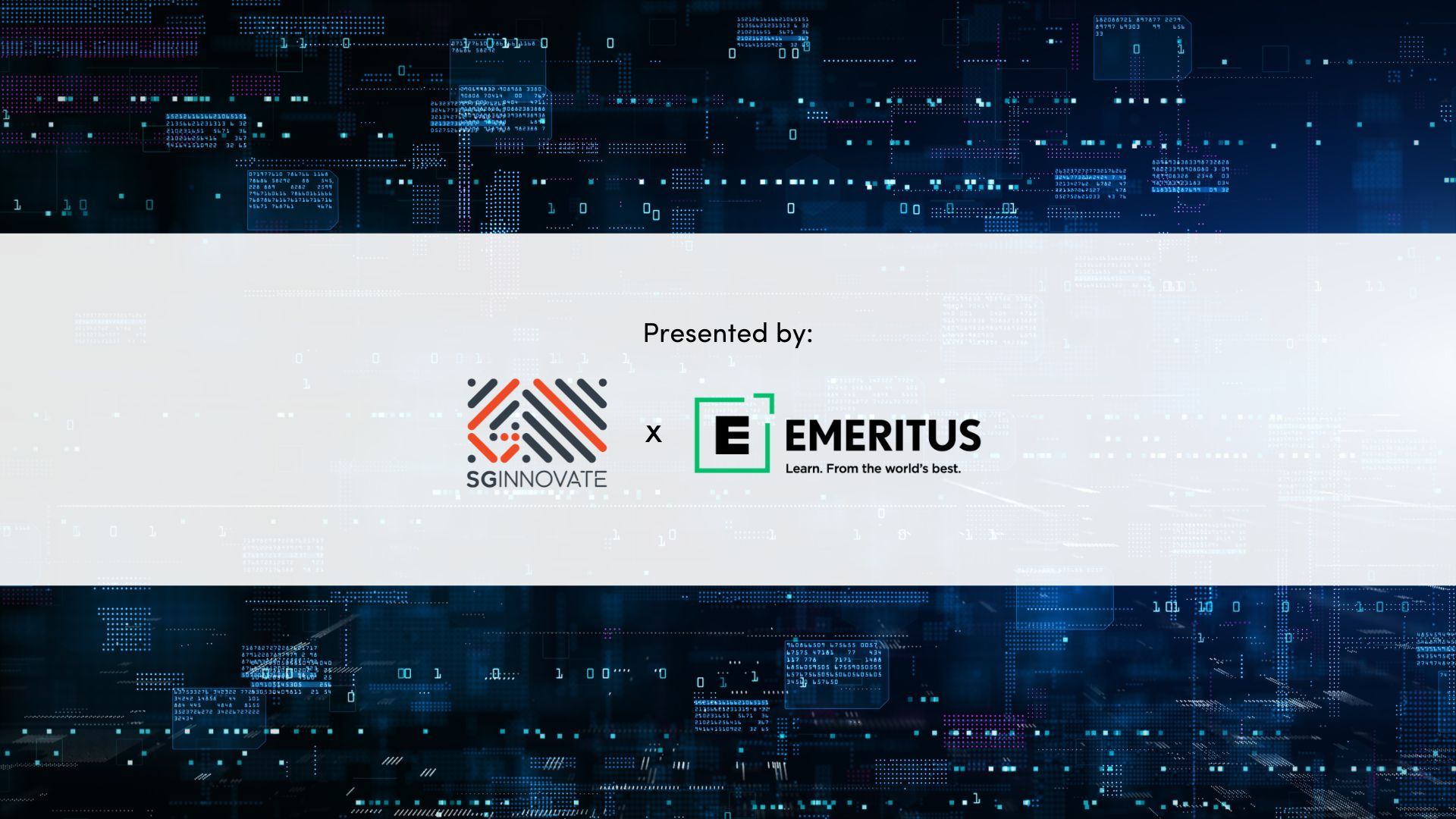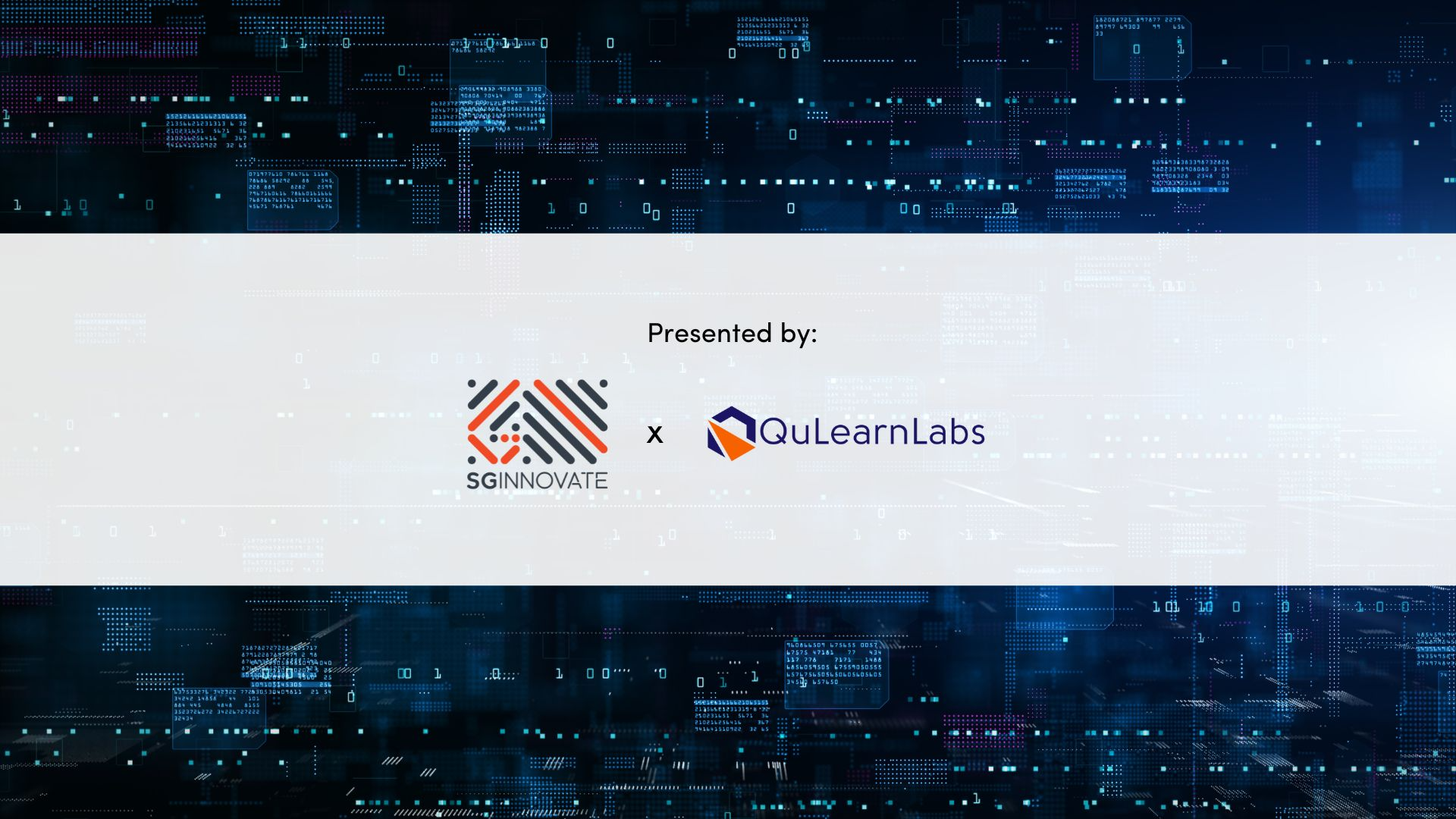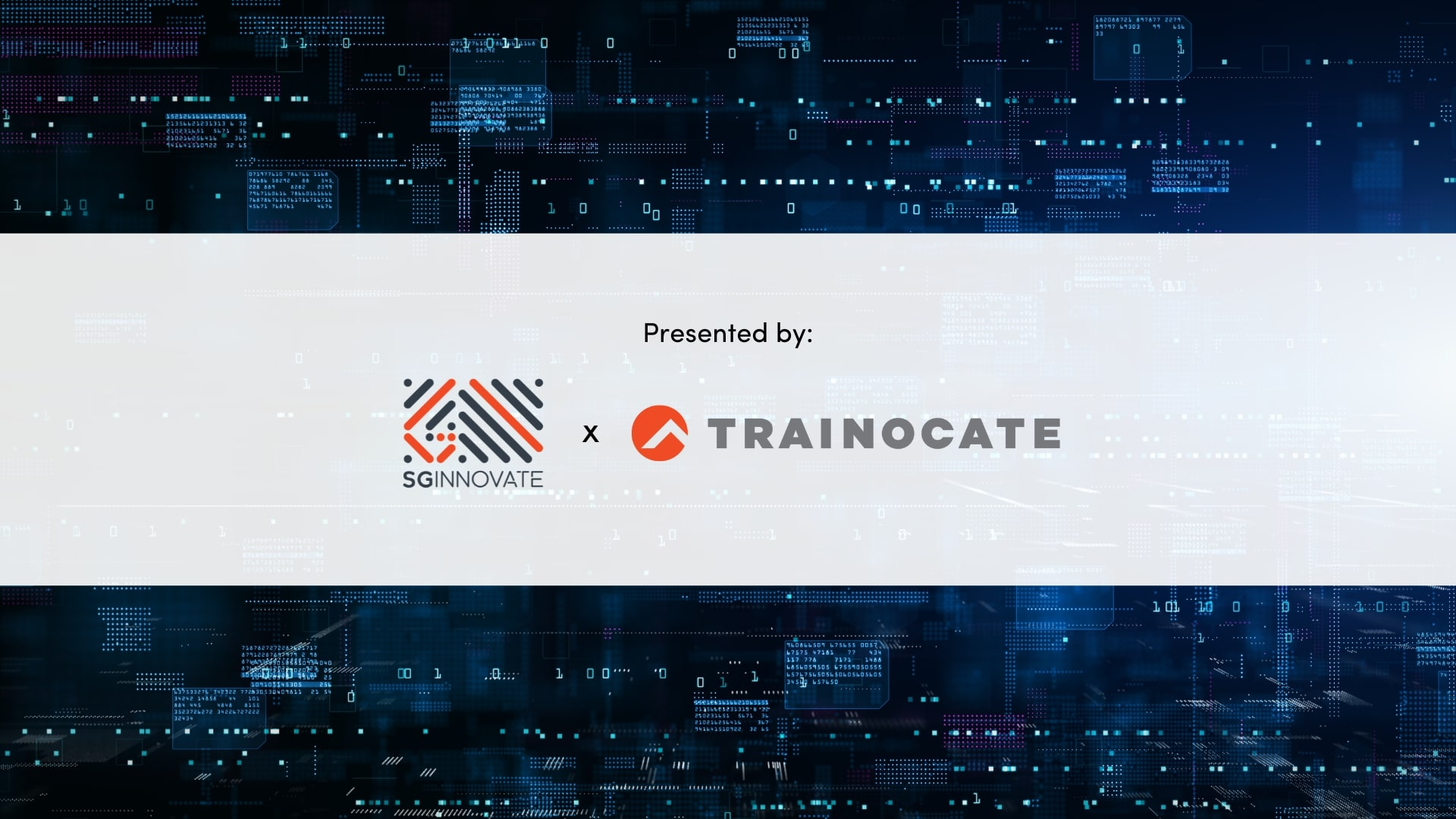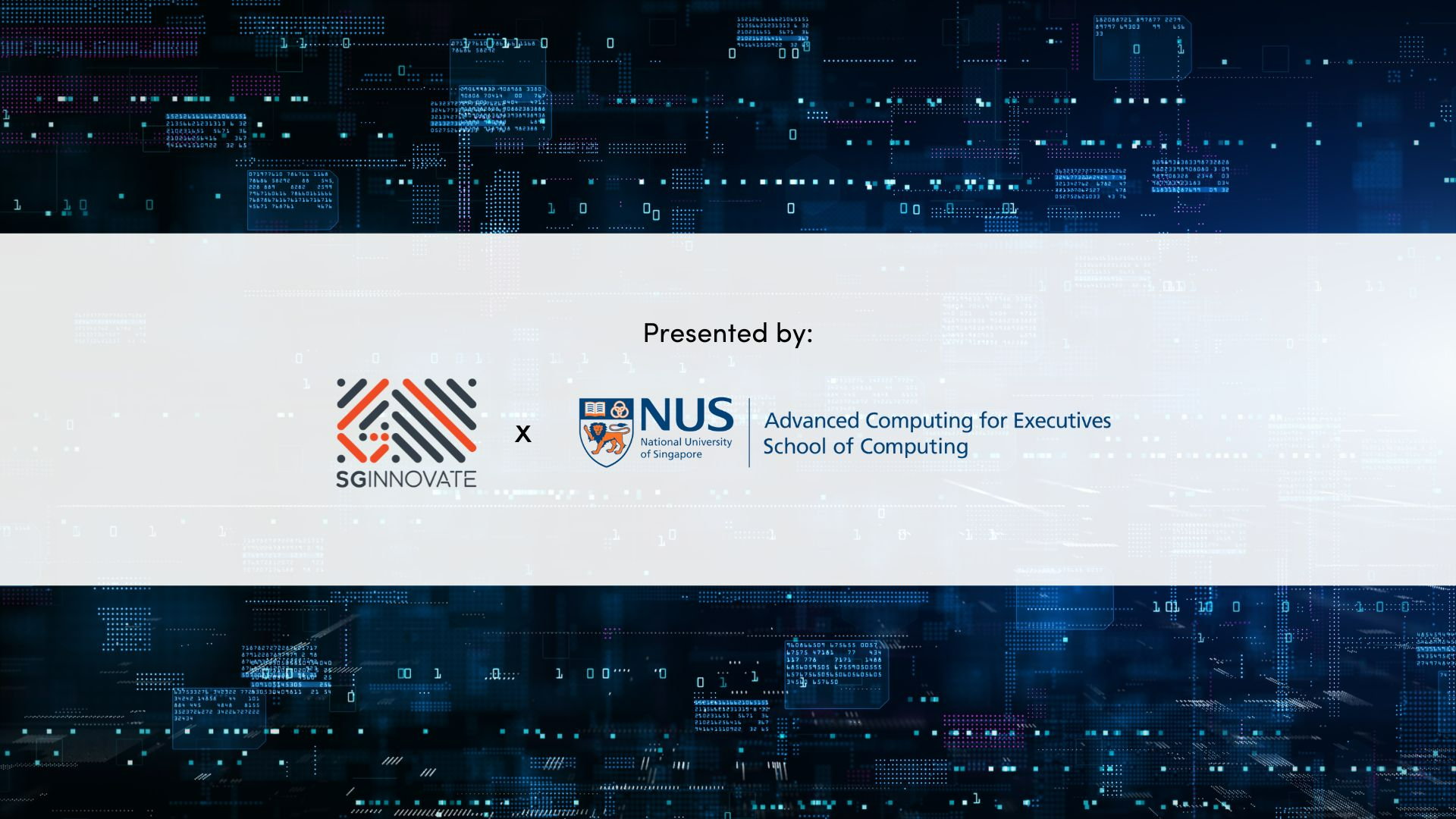Overview
The applications of artificial intelligence (AI) in healthcare are as diverse as drug discovery and patient self-care. This industry is projected to be a USD 200+ billion industry by the year 2030 and will be responsible for generating approximately 2.3 million new positions related to analytics, management, and augmented decision-making.
The MIT xPRO AI in Healthcare program is designed specifically to help you fill that need gap. This 7-week program, designed by expert MIT faculty, will help you gain a comprehensive overview of the technologies and their possibilities. It will elaborate on the design processes of AI products and help you create applications for healthcare professionals as well as patient care. Through this program, you will gain an in-depth understanding of technologies such as machine learning, neural networks and natural language processing (NLP), and deep learning. The bite-sized learning modules backed with reallife case studies and research papers will help you envision real-world applications, enhance your skill set, and add value to your organization.
Course Description & Learning Outcomes
The AI design process model through its various stages
Different machine learning algorithms and how they can be applied in various scenarios'’
Neural network and NLP algorithms and their widespread applications
The possibilities and limitations of biomechatronics
Use the four stages of the AI design process model to solve a technical healthcare problem
Run an implementation of a single- and a multilayer perceptron in Python
Develop an idea for an ingestible robot to solve a healthcare problem
Use the Peloton framework, designed by Research Scientist Brian Subirana within your specific healthcare domain
Assess the business and technical requirements for AI
Map the AI design process and arrive at a cost model
Resolve a communication problem while using prosthetics
Develop an AI product or service for healthcare
Recommended Prerequisites
An understanding of basic foundational concepts in AI and a basic understanding of the healthcare industry would be helpful
Pre-course instructions
Sign up for the course on Deep Tech Central, using the registration link available here, for a 20% discount
Schedule
End Date: 12 Jan 2026, Monday
Location: Online
Agenda
| Day/Time | Agenda Activity/Description |
|---|---|
| Module 1 | The Stages of Designing an AI Product |
| Module 2 | The Fundamentals and Applications of Machine Learning |
| Module 3 | The Fundamentals and Applications of Deep Learning |
| Module 4 | Designing Artificial Machines to Solve Healthcare Problems |
| Module 5 | Generative AI |
| Module 6 | The Peloton Framework |
| Module 7 | Developments in Biomechatronics With AI |
| Module 8 | Frontiers for AI in Healthcare |
Pricing
Course fees: US$2650 before 20% discount for Deep Tech Central Members In order to qualify for the 20% discount, sign up for the course on Deep Tech Central, using the registration link available here or by emailing us at [email protected]
Skills Covered
PROFICIENCY LEVEL GUIDE
Beginner: Introduce the subject matter without the need to have any prerequisites.
Proficient: Requires learners to have prior knowledge of the subject.
Expert: Involves advanced and more complex understanding of the subject.
- Usability Design (Proficiency level: Proficient)
- Backend Development (Proficiency level: Proficient)
- Biomedical (Proficiency level: Expert)
Speakers
Trainer's Profile:
Brian Subirana, Director of the MIT Auto-ID lab, Director of the MIT and Accenture Convergence Initiative for Industry and Technology, Research Scientist at MIT, MIT Professional Education
Brian Subirana has taught at MIT Sloan and the MIT School of Engineering and he is also on the faculty of Harvard University. His research centers on IoT and AI, and focuses on manufacturing, e-learning, the creative industries, and digital health. He is developing a voice name system that can help humans talk to any object in an IoT environment. He has over 200 publications, including three books, and is currently researching open standards for AI and IoT. Subirana earned his doctorate in computer vision at the MIT Artificial Intelligence Laboratory (now CSAIL) and his MBA at MIT Sloan.
Trainer's Profile:
Duane Boning, MIT Vice Provost for International Activities, MIT
Duane Boning is affiliated with the MIT Microsystems Technology Laboratories and serves as its associate director for computation and Computer-Aided Detection (CAD). His research interests include machine learning and statistical methods for modeling and control of variation in manufacturing. His work centers on statistical characterization and design for the manufacturing of devices and circuits in advanced technologies and the modeling of chemical and mechanical polishing, spin-on coatings, plasma etch, and nanoimprint/embossing processes. His work has appeared in more than 280 journals and conference publications. Boning earned his bachelor’s and master’s in science and his doctorate in electrical engineering and computer science at MIT.






